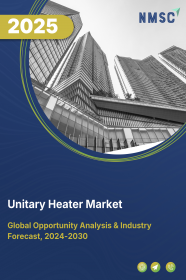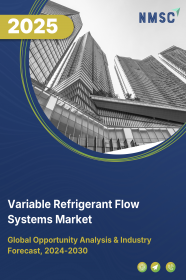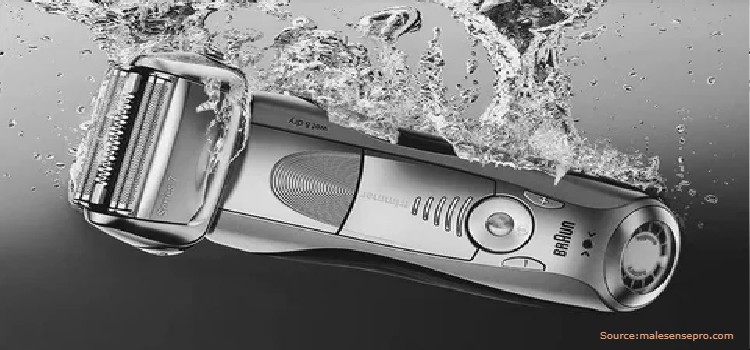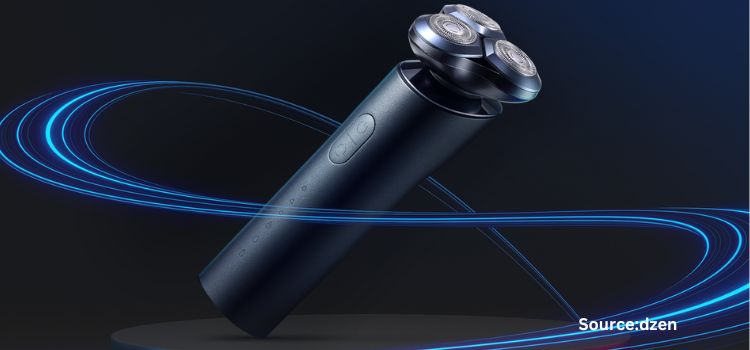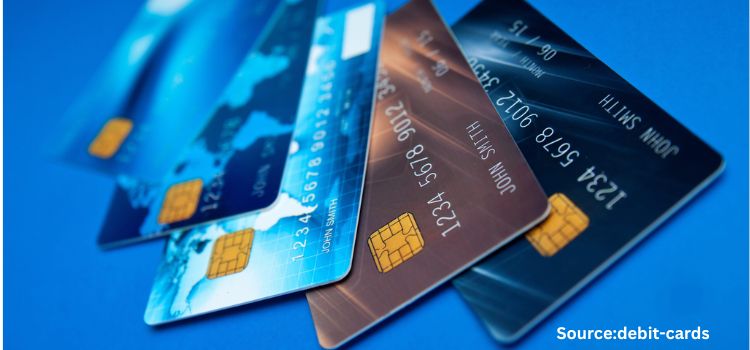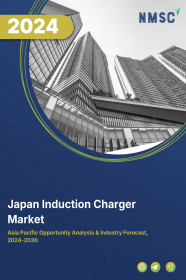
Japan Induction Charger Market by Power Output (5W to 15W, 16W to 30W, Above 30W), by Charging Standard (Qi Standard, AirFuel), and by Distribution Channel (E-Commerce or Online and Offline) – Opportunity Analysis and Industry Forecast 2024–2030
Industry: Retail and Consumer | Publish Date: 07-Dec-2024 | No of Pages: 100 | No. of Tables: 70 | No. of Figures: 35 | Format: PDF | Report Code : RC1319
US Tariff Impact on Japan Induction Charger Market
Trump Tariffs Are Reshaping Global Business
Market Definition
Japan Induction Charger Market was valued at USD 28.47 million in 2023, and is predicted to reach USD 73.7 million by 2030, with a CAGR of 13.9% from 2024 to 2030.
The induction charger industry, part of the wider consumer electronics sector, is undergoing swift evolution and gaining recognition on the global technology front. This field is dedicated to advancing and spreading wireless charging technology, a method that enables the transmission of electrical power without relying on physical connectors or cables.
Fundamentally, the technology behind induction chargers is grounded in electromagnetic induction, employing an electromagnetic field to facilitate the transfer of energy between two objects – typically a charging pad and a compatible device.
Growing Dependency on Electronic Device Fuels Demand for Fast and Efficient Chargers
The escalating reliance on electronic devices, including smartphones and laptops, has become a driving force behind the increasing demand for fast and efficient chargers. As individuals integrate these devices into various aspects of their daily lives, the need for quick and reliable charging solutions becomes paramount.
Consumers seek chargers that not only cater to the diverse range of electronic devices they use but also deliver rapid and efficient charging, aligning with the fast-paced nature of contemporary lifestyles. This surge in demand reflects the growing importance of convenience and speed in maintaining the functionality of our indispensable electronic companions.
According to the estimates, smartphone penetration rate in Japan reached 70.2% in 2023, a significant increase from 57.8% in 2019, indicating a 21.5% increase over four years. This growth underscores the country's widespread reliance on smartphones, contributing to the growing need for advanced charging solutions to cater to the tech-savvy population across Japan.
Rising E-Commerce Industry Boosts the Growth of Induction Charger Market
The growth of the e-commerce industry has further fueled the demand for the induction charger industry across Japan. The Ministry of Economy, Trade, and Industry in Japan released a recent survey on the country's e-commerce market, which shows that the business-to-consumer (B2C) e-commerce market was worth USD 154.5 in 2022, marking a 9.9% year-on-year increase. This market has doubled over the past nine years, from USD 114.3 billion in 2013.
The Standardization of Wired Chargers Hinders the Growth of the Induction Charger Market
The extensive embrace of USB Type-C connectors in wired chargers poses a considerable obstacle to the induction charger market. This standardization ensures compatibility with a wide range of devices, establishing USB Type-C as a convenient and adaptable charging solution. Its rapid charging capabilities, often surpassing those of many wireless chargers, enhance its allure, especially for users prioritizing swift charging experiences.
Introduction of Qi v2.0 Standard for Wireless Charging Creates Opportunity for Future
The launch of Qi v2.0, the latest wireless charging standard, is poised to impact the induction charger industry significantly. Offering enhanced features such as magnetic attachment, improved charging speed, higher efficiency, and greater convenience, Qi v2.0 is set to elevate user experiences.
With the first Qi v2.0 certified devices, including Apple's iPhone 15 series and various power transmitters, expected to hit the market during Christmas, significant manufacturers, including Belkin, Mophie, Anker, and Aircharge, are gearing up with compatible products. Over 100 devices are already undergoing testing or certification for Qi v2.0.
This new standard is expected to unify the wireless charging industry, promoting smoother, faster charging and broader interoperability. As Qi v2.0 becomes the global benchmark for wireless charging, its adoption will likely simplify the market and enhance universal compatibility, driving growth in the induction charger sector as more consumers move towards Qi v2.0 compatible charging solutions.
Competitive Landscape
The Japan induction charger industry includes several market players such as Samsung Electronics Co. Ltd., Apple Inc, Anker Innovations Technology Co. Ltd., Belkin International, Inc., Xiaomi Corporation, Huawei Technologies, ASUSTeK Computer Inc., ZAGG INC., Energizer Holdings, Inc., and Aukey Corporation Limited.
Japan Induction Charger Market Key Segments
By Power Output
-
5W to 15W
-
16W to 30W
-
Above 30W
By Charging Standard
-
Qi Standard
-
AirFuel
By Distribution Channel
-
E-Commerce or Online
-
Offline
REPORT SCOPE AND SEGMENTATION:
|
Parameters |
Details |
|
Market Size in 2023 |
USD 28.47 Million |
|
Revenue Forecast in 2030 |
USD 73.7 Million |
|
Growth Rate |
CAGR of 13.9% from 2024 to 2030 |
|
Analysis Period |
2023–2030 |
|
Base Year Considered |
2023 |
|
Forecast Period |
2024–2030 |
|
Market Size Estimation |
Million (USD) |
|
Growth Factors |
|
|
Companies Profiled |
10 |
|
Market Share |
Available for 10 companies |
|
Customization Scope |
Free customization (equivalent up to 80 working hours of analysts) after purchase. Addition or alteration to country, regional, and segment scope. |
|
Pricing and Purchase Options |
Avail customized purchase options to meet your exact research needs. |
KEY PLAYERS
-
Samsung Electronics Co. Ltd.
-
Apple Inc
-
Anker Innovations Technology Co. Ltd.
-
Belkin International, Inc.
-
Xiaomi Corporation
-
Huawei Technologies
-
ASUSTeK Computer Inc.
-
ZAGG INC.
-
Energizer Holdings, Inc.
-
Aukey Corporation Limited.

















 Speak to Our Analyst
Speak to Our Analyst




